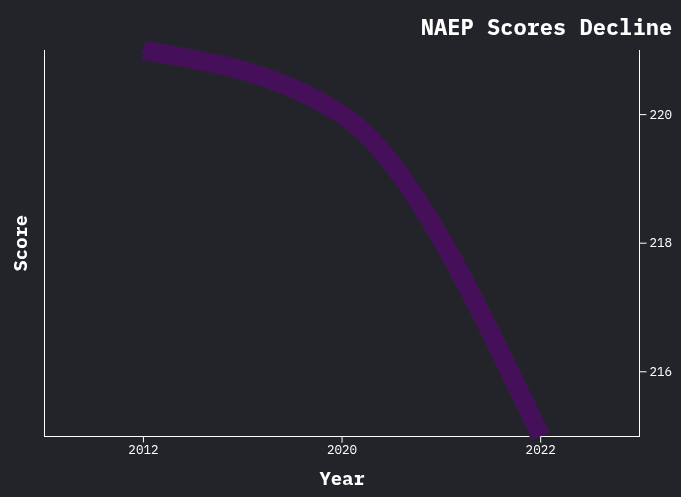When it comes to luxury performance cars, few rivalries are as iconic as BMW vs. Mercedes-Benz. These two German companies both produce wonderful cars. However, when you take off the badges and examine what each car truly offers, it’s clear that BMW has an edge in several key areas, making it the better option for those who crave a driving experience beyond luxury.
“I drive hundreds of cars everyday for work,” said local mechanic Sam Matthews, “But everytime any model BMW comes in, I call dibs, just so I can test drive it after I fix it. The feel of a M4 competition is unlike any other sports car I’ve ever driven.”
BMW’s slogan, “The Ultimate Driving Machine,” isn’t just a marketing tactic, it’s a philosophy embedded in every single car they produce. Whether you’re behind the wheel of a 3 series or an X5 SUV, BMW vehicles are engineered to prioritize one thing above all else: the connection between the driver and the road.
Mercedes-Benz tends to focus more on comfort and technology, and while that may appeal to some, they’re ultimately missing out. BMW drivers aren’t just transported from point A to point B in some cushioned luxury. They feel every corner, acceleration and shift with a sense of precision that Mercedes vehicles don’t quite match.
When you look at a BMW it’s hard to ignore the bold, athletic design. The aggressive front grills, low-slung bodywork and the sharp contours prove only one thing, that car was built for performance. Even a luxury model BMW gives off a sportier feel. They blend elegance with a twist of speed.
Mercedes, on the other hand, tends to favor a more conservative, traditional design. While undeniably beautiful, Mercedes cars often come across as more formal. They lack the aggressive and youthful energy that makes BMW stand out in every series. For those who crave a car with style and speed, BMW’s aesthetic is hard to beat.
Both brands are known for integrating cutting edge technology into their vehicles, but BMW strikes a better balance between innovation and usability. The brand’s iDrive system has matured into one of the most driver friendly systems on the market, offering everything you could want without overwhelming or overcomplicating it.
Mercedes-Benz, while certainly a high technology company, tends to overload their cars with features that often feel too complex or unnecessary. Their attention to luxurious details sometimes leads to a driving experience that feels more automated and less hands-on. For drivers that enjoy the drive for the feel of the travel and not the scenery around them, BMW definitely proves to be a user-centric vehicle.
Both BMW’s M Division and Mercedes’ AMG division produce high performance versions of their cars, but once again BMW is on top in terms of driving excitement. M cars have, whether its an M2 or an X6 M, the pristine handling, power delivery and overall delivery that proves track-level performance in a road car.
While neither BMW nor Mercedes can be considered “budget-friendly,” BMW tends to offer a slightly better value proposition. BMW vehicles often come with lower starting prices, and in the long run, they tend to retain their value much better when it comes to resale. BMW’s reputation for performance keeps demand high, which translates to better value over time.
Mercedes-Benz on the other hand is known for its steep depreciation. Their cars are packed with luxury features and cutting edge tech, but that also means higher initial costs and maintenance expenses. For a balance of luxury with long term investment, BMW is the better choice.
Senior Tyson Greenbaum said, “I prefer the driving characteristics of a BMW more than a Mercedes. They handle better, accelerate much smoother, and it feels sportier when you’re sitting in the driver’s seat.”
In the end, choosing between BMW or Mercedes comes down to what you value most in a vehicle. If you want luxury and prestige, then Mercedes might be for you. But if you want to feel the thrill of the road in a high performing, technological, stylish vehicle, then BMW is a better choice.












































